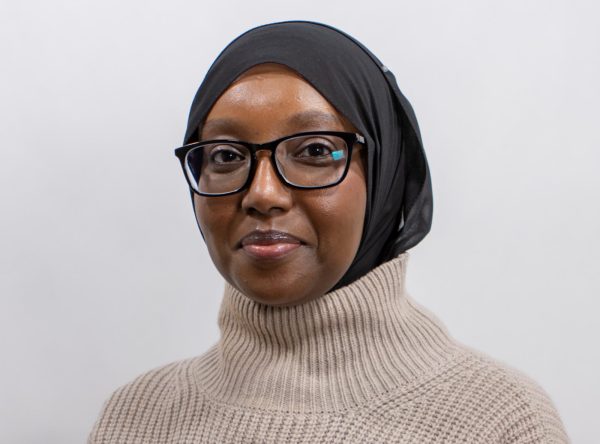Chancellor Elva LeBlanc held listening sessions with NE students and employees on March 29.
The meetings are how the administration listens to the recommendations and grievances from students and employees.
NE Interim President Jan Clayton opened the sessions by introducing LeBlanc and taking about her history here at TCC from student to now chancellor.
“She has an understanding and an appreciation of your experience as students, including the challenges and the barriers that you tackle as you work to achieve your educational goals,” Clayton said. “It’s central to how she leads and what she expects from us as faculty, staff and administrators.”
Many of the district administration leaders attended the event and participated in the discussions with students.
“The student voice is extremely important to us,” LeBlanc said. “We do send out surveys to students about scheduling of classes and about their experience in the classroom.”
Students shared their experiences and opinions, some expressing gratitude for supportive staff and others wanting a system that addresses problems between students and faculty.
At the start of the session, LeBlanc noticed that the students didn’t look comfortable and suggested that they separate into multiple groups. Students had an opportunity to share their ideas with the administrators.
“This event was meaningful to me. I felt like I was being heard and understood,” said NE student Sarah Johnson. “Being heard makes me feel very welcome. And I actually have a place at TCC.”
Student Marina Maranto, who is president of the Neurodiversity Club, shared her perspectives, highlighting the need for more education on accommodations and a more personalized approach to interactions between neurodiverse students, faculty and staff.
“I would like our SAR department to reach out to high schools and help transfer our neurodiverse students from high schools to TCC, because it’s very scary to go from high school to college,” Johnson said. “It’s just very overwhelming.”
Students said they enjoyed the more inti- mate group discussion, instead of speaking on a microphone.
“I definitely noticed that more people in my group had more to say,” Maranto said, “and I was very excited that need was imme- diately recognized and fixed. I’m looking for- ward to seeing what changes they implement from our conversation.”
TCC is currently conducting strategic planning and would like feedback from students and staff on issues that are important to them, even if these issues wouldn’t take effect until after they graduate.
Maranto said in the future she would like more student representation at the event.
“They need to be bigger and louder,” she said. “I would love to see these filled, maybe in the Center Corner.”
One way students and employees can give feedback is by filling out the anonymous district student survey, which allows them to provide more details about their concerns.
After the student session, the chancellor met with staff and faculty to discuss their concerns and recommendations.
Some raised the need for more employees, as well as student employees, to help with the workload. Others discussed the need for upgraded buildings and the ongoing technology issues that many are facing daily.
Angela Lockhart, a Learning Commons associate, said she felt more heard than at the last listening session she at- tended last year.
“I appreciate that there is going to be an email sent out so that we can anonymously respond in more detail and after some more thought because a lot of times it is really hard on the spot and in front of everyone to say everything,” she said.


























